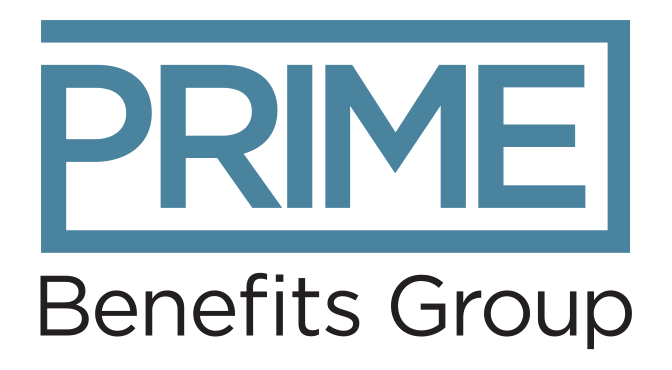- Have a question?
- 613-89-Prime (77463)
- 1-866-950-3667
- info@primebenefitsgroup.com
Addressing the Demand for Hybrid Work Models


In the last few months at least three new surveys were released that show how important hybrid or remote working arrangements are to Canadian workers. In a recent Accenture survey, 61 percent of employee respondents indicated their preference for a hybrid work model. A KPMG Canada survey of 2,000 workers revealed even higher rates with 71 percent of Canadians being in favour of a hybrid work arrangement. The Chartered Financial Analyst Institute’s survey noted that 81 percent of their respondents want to work remotely at least part of the time. Of note, these Canadian investment industry employees believe they are more productive than pre-pandemic times based on feedback that many are working more than 60 hour work weeks.
The Employer’s Perspective
These surveys similarly reported on the employer’s perspective. From the Accenture survey, 56 percent of high revenue growth companies in Canada have implemented hybrid work arrangements already. The Chartered Financial Analyst Institute survey revealed that support for hybrid or remote work has increased from 15 percent pre-pandemic to 77 percent in 2021. The KMPG Canada survey showcased the concern that employees have regarding their employer’s ability to effectively implement a hybrid model.
Top Concerns
Some employees are not willing to return to working in an office at all and they may be willing to jump ship and seek employment elsewhere. Others are more open to a hybrid arrangement, but want greater flexibility in terms of work hours and location.
As employers work against the clock to figure out the ideal approach for their business and their employees, it remains to be seen what method will garner the best results for both staff and stakeholders.
Riding the wave to shore from the latest lockdown has seen increases in burnout and imbalances in work-life integration. As a result, employee mental health is a significant concern for Canadian employers. Employers seek ways to maintain productivity as well as the health and resiliency of their workforce. The demand for hybrid work arrangements means employers are looking at how to maximize employee potential with a solution that does not mandate a complete work from the office requirement.
The Workforce of the Future
Employers faced with this challenge need tools to help them foster the workforce of the future. Key considerations include
- How to maintain their culture and continue to foster it in ways that work with their updated work arrangement model
- How to encourage productivity, employee engagement and team collaboration
- How to establish a standard schedule that incorporates flexible work options
- How to ensure employees have access to meaningful mental health resources
- How to address the needs of a multi-generational workforce
A Mixed Bag
As employers are starting to make their work arrangement models known, it is becoming apparent that widely varied approaches exist. Microsoft Corporation implemented a policy where employees have flexibility regarding the location of where they work, but only less than 50 percent of their standard work week can be remote.
Flexbility is the Name of the Game
Going forward, flexibility is the key phrase for both employees and employers. Where recruitment and retention have the employees seemingly in the driver’s seat these days, employers feel the pressure to adapt quickly to redesign their approach as well as their office spaces in order to accommodate.
There does not appear to be a one-size fits all approach to hybrid work arrangements. Leaders still need to manage change, conduct performance reviews, share candid feedback and create trust and collaboration for their teams. The effective workplace of the future will find a way to create a win-win mindset for both employees and employers. Savvy organizations will keep a pulse on their culture and establish policies and norms that allow employees sufficient flexibility to do their best work.
Additional free resources
This topic remains on our radar and we are pleased to share our research and observations. Additionally, we have a digital Remote Care Wellness Toolkit that you can access by contacting us at info@primebenefitsgroup.com. Let’s work together and create solutions that work best for you and your organization.